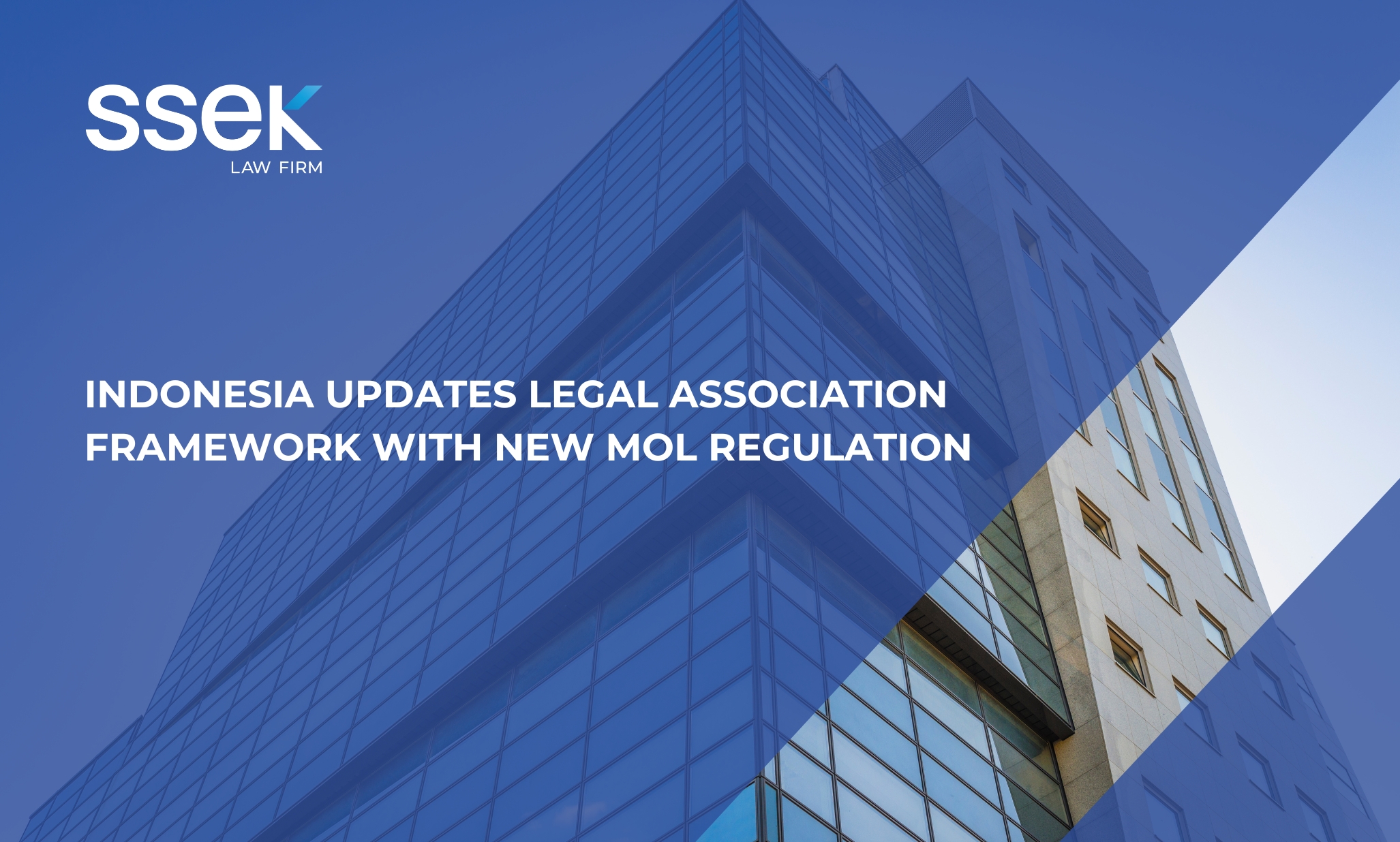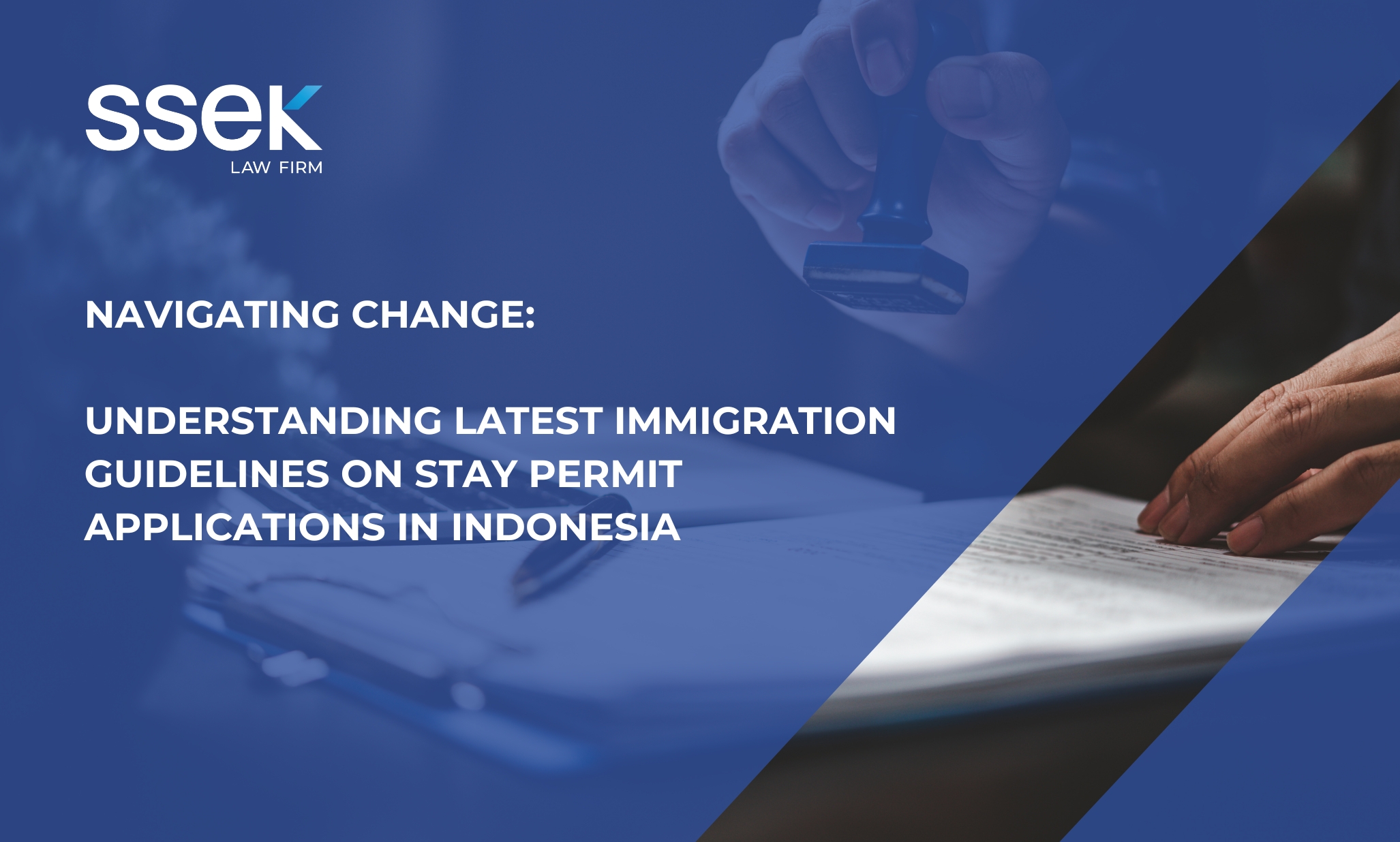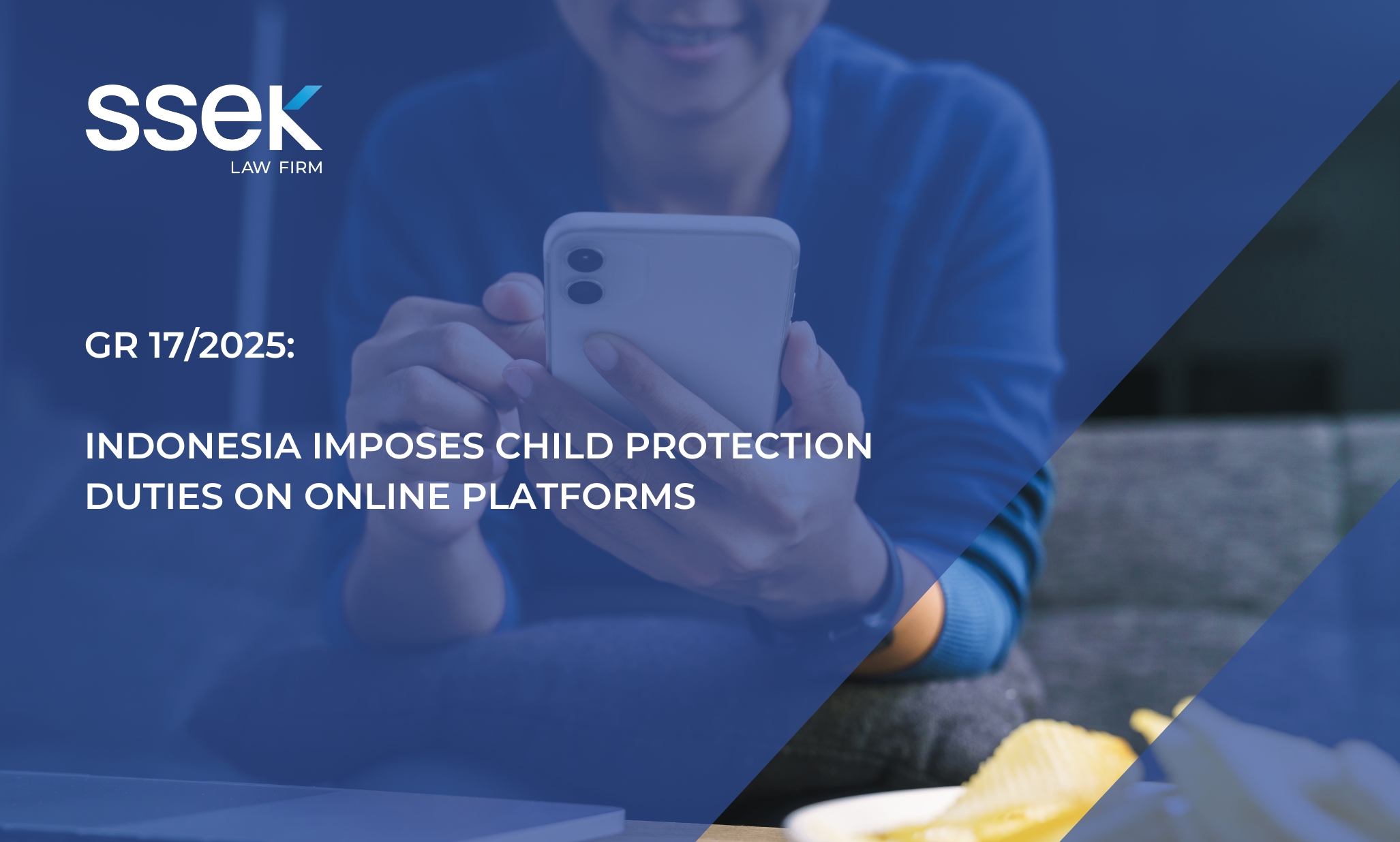

By Nico Mooduto As of December 31, 2015, the Constitutional Court (the Court) had rendered 157 decisions. Of those cases, only 25 applications for judicial review were granted by the Court. This article focuses only on those applications that have been granted and then only on those judicial review decisions that reviewed the constitutionality of laws and which we consider significant from a commercial law perspective or which are otherwise key decisions. As might be known, the Court can also examine disputes between state institutions, disputes concerning regional elections and disputes regarding general elections. Those types of disputes are not addressed here. Constitutional Court Decisions A.        Environmental Protection: In early 2015, in Decision No. 18/PUU-XII/2014, the Court entertained a judicial review petition of Law No. 32 of 2009 regarding Environmental Protection and Management (October 3, 2009) (the Environmental Law). The petition was filed by Bachtiar Abdul Fatah, an employee of PT Chevron Pacific Indonesia. The petition concerned the constitutionality of the Environmental Law’s provisions regarding the management of hazardous, or B3, waste. Article 59, paragraph (4) of the Environmental Law requires that a permit be obtained for the management of B3 waste. Article 59, paragraph (1), in conjunction with Article 103 of the Environmental Law, obliges persons and companies to perform management of B3 waste and if they fail to do so, they risk the imposition of sanctions. The petitioner argued that these provisions contradict one another and impaired the right of the petitioner, especially since the company for which he worked had already obtained a B3 waste management license under the previous environmental law and an extension of such license was still in process with the relevant authorities at the time it expired. The petitioner argued that the contradiction in these provisions created a situation in which a person or company may be held in violation of the Environmental Law when that person's or company's B3 waste management license is in the process of renewal. The Court granted the petitioner's application. The Court held that Article 59, paragraph (4) of the Environmental Law is unconstitutional insofar as the provision is not interpreted to include those who have already obtained a B3 waste management license and whose license is in the process of extension. The Court also struck down the word may (dapat) from Article 95, paragraph (1) of the Environmental Law and stipulated a modified interpretation of such article. B.        Water Resources: In Decision No. 85/PUU-XI/2013, the Court reviewed a petition that contended that Law No. 7 of 2004 regarding Water Resources, dated March 18, 2004 (Water Law), was unconstitutional. The petition was filed by the Muhammadiyah Central Leaders (Pimpinan Pusat Muhammadiyah) and several other groups and individuals. The petitioner argued that the Water Law paved the way for the privatization of water management and the complete relinquishment of control over the management of water resources by the State, which the petitioner argued was contrary to Article 33 of the 1945 Constitution. The Court held that Article 33 of the 1945 Constitution mandates that access to water is a human right. The Court further concluded that the 1945 Constitution guarantees the State’s control over water resources management. Since the Water Law and several implementing regulations enacted by the Government of Indonesia (the GOI) run counter to the principles of water resources management enshrined in the 1945 Constitution, the Court annulled the Water Law and reinstated Law No. 11 of 1974 regarding Irrigation, dated December 26, 1974. C.        Criminal Investigations, Due Process and Pre-Trials: In Decision No. 21/PUU-XII/2014, the Court dealt with a fundamental criminal law issue. A petition was filed with regard to the scope of Law No. 8 of 1981 regarding the Criminal Procedure Law (December 31, 1981) (the CPL) by Bachtiar Abdul Fatah, the PT Chevron Pacific Indonesia employee. The petition’s core issue concerned due process in criminal investigations. One particular issue that was raised concerned the scope of Article 77 of the CPL, which states that the District Court is authorized to examine and decide on matters in relation to: (a) the lawfulness of arrest, detention, termination of a criminal investigation, or cessation of prosecution and (b) damages and/or rehabilitation for a person whose criminal case has been terminated at the stage of criminal investigation or prosecution. As can be seen, Article 77 on its face only provides limited grounds for challenging certain prosecutorial actions. The petitioner argued that the scope of such article does not adequately protect the rights of a suspect from violation of a person's human rights. In reaching a decision, the Court examined the interpretation and application of the CPL in light of Article 28I, paragraph (4) of the 1945 Constitution. Ultimately, the key decision of the Court opened the door to an examination of the proper status of a suspect, as well as the lawfulness of a search or seizure, which may be challenged pursuant to Article 77 of the CPL in connection with a motion for pre-trial. The Court also stipulated that the provisions of Article 1, number 14, Article 17, and Article 21, paragraph (1) of the CPL, specifically with regard to the minimum evidentiary threshold, meant two valid items of evidence as referred to in Article 184 of the CPL. The impact of the Court's decision paved the way for a pre-trial challenge on the ground of a suspect's status, i.e., such that the naming of a person as a suspect can be lawfully determined by a pre-trial. This interpretation broadened the scope of the CPL beyond the expressly limited grounds of the CPL. D.        Criminal Defamation: In another decision regarding criminal law, the Court reviewed a petition for judicial review of the Criminal Code filed by heads of non-governmental organizations. The background of the case revolved around a criminal defamation report concerning alleged defamation of regional government officials of Tegal, Central Java, by the petitioners. The report was lodged by a person who was not a subject of the alleged defamation and the relevant provision of the Criminal Code appeared to allow such a report. The petitioners argued that this went against the concept that a criminal defamation report is a report based on a crime and that it must be reported by the alleged subject of the defamation himself. The petitioners raised issues of equal treatment before the law and the rule of law as grounds for striking down the relevant provision under the Criminal Code and referred to the Court’s past decisions. The Court in Decision No. 31/PUU-XIII/2015 accepted the petition and struck down the relevant phrase under Article 319 of the Criminal Code, which allowed a defamation report to be reported by other than the subject of the alleged defamation. E.        Taxation: In Decision No. 46/PUU-XII/2014, the Court granted a petition filed by PT Kame Komunikasi Indonesia for a judicial review of Law No. 28 of 2009 regarding Regional Taxation and Regional Retribution (September 15, 2009) (Law 28/2009). The issue at hand concerned the way the calculation of the retribution on telecommunication towers imposed by the GOI was applied, which was alleged to have caused unconstitutional legal uncertainty. Specifically, the essence of Law 28/2009 was that retribution is to be calculated on the costs incurred in supervising telecommunication towers. However, the Elucidation of Article 124 of Law 28/2009, which imposes a flat tariff of 2 percent, permits the GOI to collect a retribution that would exceed its actual supervision costs provided that the retribution of 2 percent is not exceeded, which thus violated Law 28/2009. The Court annulled the Elucidation to Article 124 of Law No. 28 of 2009 regarding Regional Taxation and Regional Retribution because, in the Court's opinion, it was inconsistent with Article 28D, paragraph (1) of the 1945 Constitution, which provides a constitutional guarantee of legal certainty. F.        Banking: In Decision No. 109/PUU-XII/2014 with regard to the judicial review of Law No. 10 of 1998 regarding the Amendment of Law No. 7 of 1992 regarding Banking (November 10, 1998) (the Banking Law), the Court examined the constitutionality of Article 49 of the Banking Law. Article 49, paragraph (2)b stated in pertinent part: b. not conducting the steps necessary to ensure compliance by banks of provisions of this law and provisions of other laws Indonesian Legal Review. This publication is intended for informational purposes only and does not constitute legal advice. Any reliance on the material contained herein is at the user’s own risk. You should contact a lawyer in your jurisdiction if you require legal advice. All SSEK publications are copyrighted and may not be reproduced without the express written consent of SSEK.









